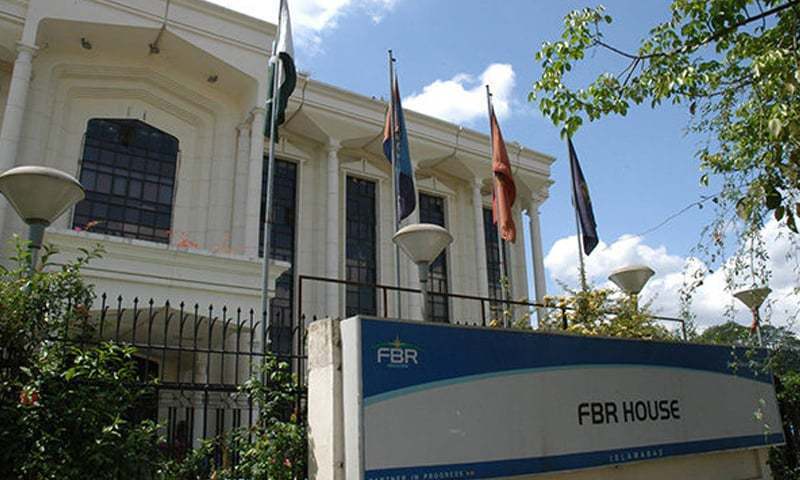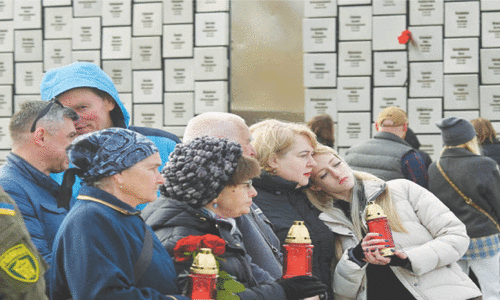ISLAMABAD: In a major shakeup, the government has decided to restructure the entire tax machinery and introduce centralised collection of general sales tax (GST) on services and goods.
The proposed measures were already approved by PM Imran Khan on Oct 3 with a restructuring plan to convert the incumbent Federal Board of Revenue (FBR) into Pakistan Revenue Authority (PRA) with a deadline of June 2020.
But, the proposed timeline did not go as planned as the Inland Revenue Service (IRS) chief commissioners opposed the move in a meeting held on Monday.
A source privy to the meeting told Dawn that IRS officers will hold another meeting on Tuesday with the FBR chairman to appraise him about their concerns. Both tax groups — IRS and customs – have also warned to go on a pen down strike in case government did not change the proposed plan.
Documents seen by Dawn showed that under the proposal, Ministry of Finance will prepare a comprehensive framework for PRA and centralised GST collection on services by the PRA. These reforms are part of the World Bank-funded ‘Pakistan Raises Revenue Project’.
Board to be replaced by Pakistan Revenue Authority; PM wants plan completed by June 2020
On the issue of centralised collection of GST on services, it has been decided to constitute a joint committee comprising representatives from Ministry of Finance, the FBR and provincial revenue authorities to finalise a proposal.
The finance ministry will work out the mechanism for the transfer of tax proceeds of GST on services to provinces.
The decision to collect GST at the centralised level was taken on the plea that the collection potential is not fully realised owing to the jurisdiction issues between the FBR and provincial authorities. Cross-provincial jurisdictional and conflict of interest issues also stifle GST collection on services.
The move is likely to meet with stiff resistance from the provinces on the basis of it being against the Constitution. Currently, sales tax on services is collected by the provincial revenue authorities in the wake of the 18th amendment.
In the meantime, it has been decided to reorganise the FBR headquarters on functional lines segregating IRS and customs into north and south zones. Two deputy chairmen for each IRS and customs are expected to be appointed by Nov 30.
Under proposed functional hierarchy, FBR chairman will lead the tax body along with two deputy chairmen — IRS and customs. Moreover, a separate secretary for Revenue Division with four additional secretaries to deal with policy issues—customs policy, income tax policy, sales tax and federal excise duty and international conventions, finance action will also be appointed.
In addition, the PRA will also have 12 members including customs member operations south and north and two more members for transit trade and exports; legal and accounts.
In case of the IRS, the PRA will have IR operation members south and north, taxpayer audit; legal and account whereas four other members will be responsible for human resource management and administration, strategic planning, facilitation and taxpayer education and chief management information officer. There will be 18 DGs in BS-21 in the reformed PRA.
As per the proposed plan, six DGs will assist custom members operations while another six will extend support to IRS members operation. Moreover, additional six DGs will be responsible for administration, audit, automation, vigilance, alternate disputes and revenue coordination.
It has also been decided to restructure the regional tax offices (RTOs), large taxpayers units (LTUs) and customs collectorates and district tax facilitation measures. The deadline for these reforms has been set at Dec 31.
Each RTO/LTU will comprise tax units based on the number or category of taxpayers with tax assessment wings and legal wing. The legal wing will operates directly under the order of member legal based at the FBR.
At the same time, model customs collectorate will have collector customs in BS-21 and collector legal in BS-21. Currently, customs collectors are in BS-20.
It has also been decided to appoint chief information management officer until Nov 30 to automate income tax architecture on the lines of customs WeBOC-Glo to minimise human interface in tax administration and collection. It was also decided to appoint chief executive of the PRA to expedite the process of automation.
Published in Dawn, November 5th, 2019













































